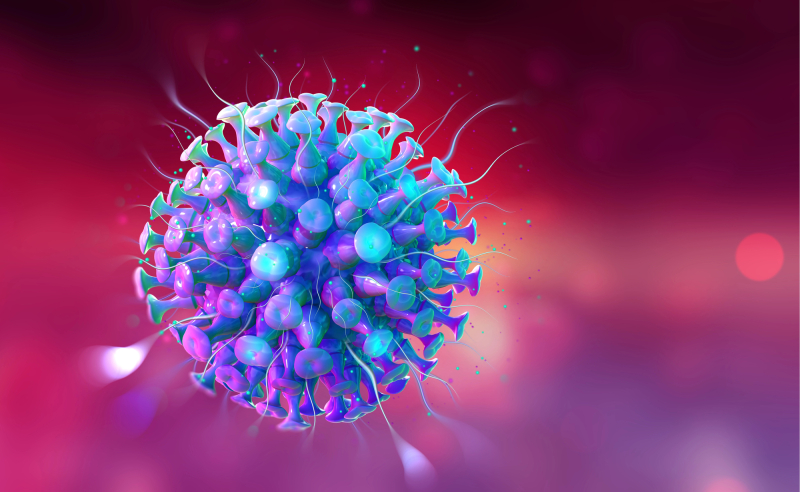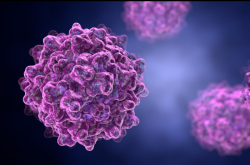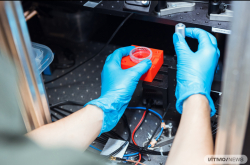Immunotherapy is a type of cancer treatment that uses special medicines to precisely target the immune system and make the body fight the disease naturally. This method is used to treat melanoma, a type of cancer that affects skin and mucous membranes. There is scattered evidence that in case of melanoma treatment, immunotherapy can be affected by the patient’s microbiome. However, the mechanism behind it is still hard to explain, which is why meta-analysis papers that summarize published works on the topic are important, as they help pinpoint more significant correlations.
In order to identify the connection between microbiome composition and the efficacy of immunotherapy for melanoma, researchers from ITMO have conducted a meta-analysis on this topic using a number of computational methods. For this purpose, the team has analyzed open-source data from 680 metagenome samples: first, they analyzed the bacteria within the samples and the functions of these bacteria in the human body (for instance, generation of short-chain fatty acids or digestion of polysaccharides); next, they compared the samples of people with different responses to melanoma treatment; finally, they used the acquired information to detect correlations between gut microbiome composition and the success of cancer treatment.
As a result, the authors were able to discover significant correlations between the microbiome composition and the efficacy of immunotherapy, while also developing an algorithm that can conduct similar analysis with other data.
“Gut microbiome can be different between European and Asian populations, which means that different studies can indicate different markers of successful immunotherapy. We have conducted a meta-analysis of gut metagenome in order to identify the connections that will be relevant not for a single country or population, but for humanity as a whole. Our main conclusion is this: the richer the microbiome (meaning the more metabolites and functional elements it produces for the body), the more efficient the treatment,” shares Artem Ivanov, one of the paper’s authors and a PhD student at the Information Technologies and Programming Faculty.
Next on the agenda is testing the discovered correlations on model organisms – in this case, mice. Scientists from the Laboratory of Genome Research and Computational Biology of the Lopukhin Federal Research and Clinical Center of Physical-Chemical Medicine are planning an experiment, wherein they will recreate cancer in mice to then study and adjust their gut microbiome and thus test the hypothesis. For instance, the researchers will introduce bacteria that are potentially beneficial in terms of cancer treatment and see if this helps mice combat cancer during immunotherapy.
In the future, the results of the study will help clinicians in developing diagnostic tools that can predict the response to immunotherapy in patients with melanoma based on data about their gut microbiome, as well as increase the efficacy of treatment by introducing modifications to the microbiome. For the latter, a sample of the patient’s microbiome will be analyzed for the presence of the necessary bacteria. If they aren’t detected, then the patient might be prescribed probiotics or a diet that will equip them with the necessary bacteria – and start immunotherapy only once this step is complete.





